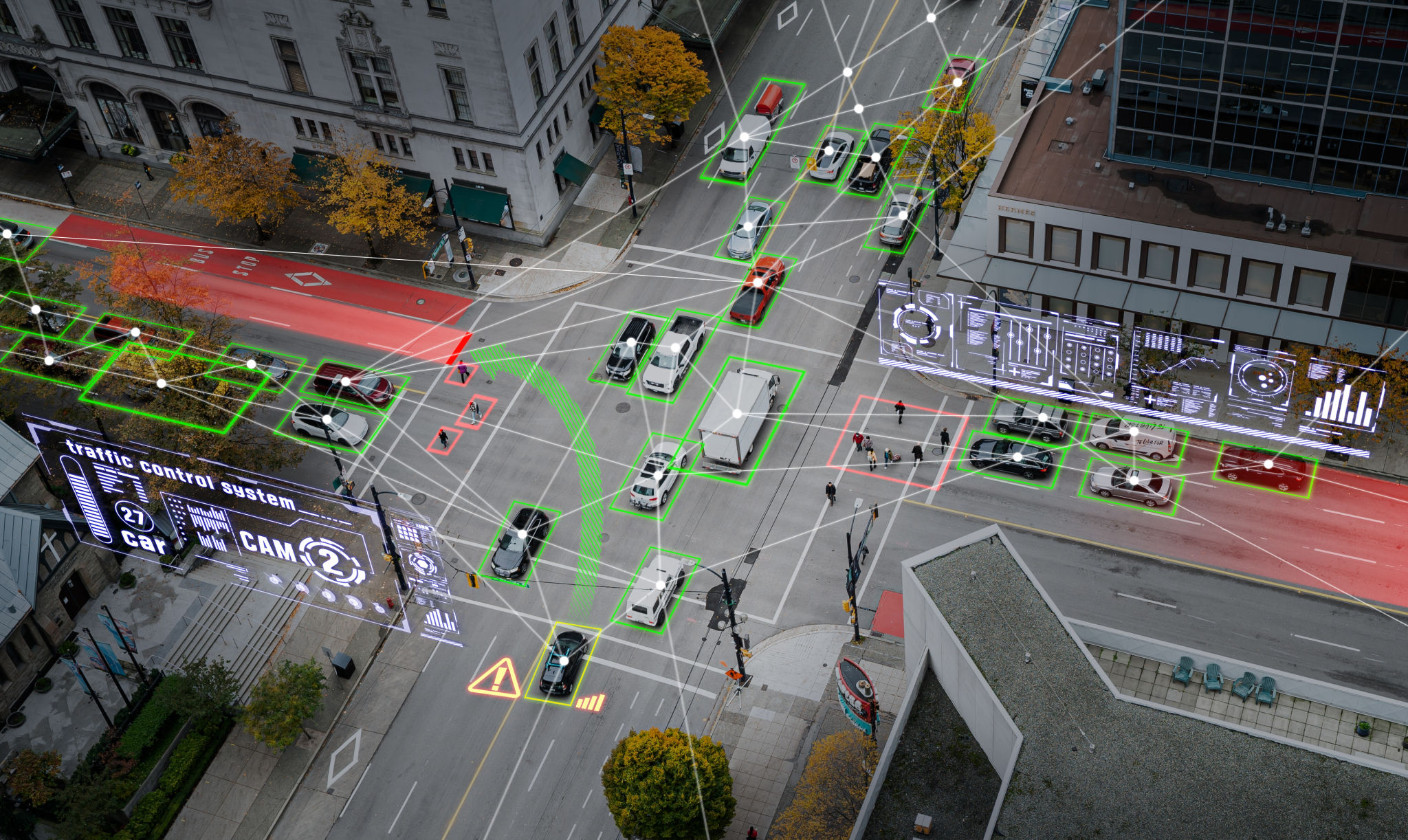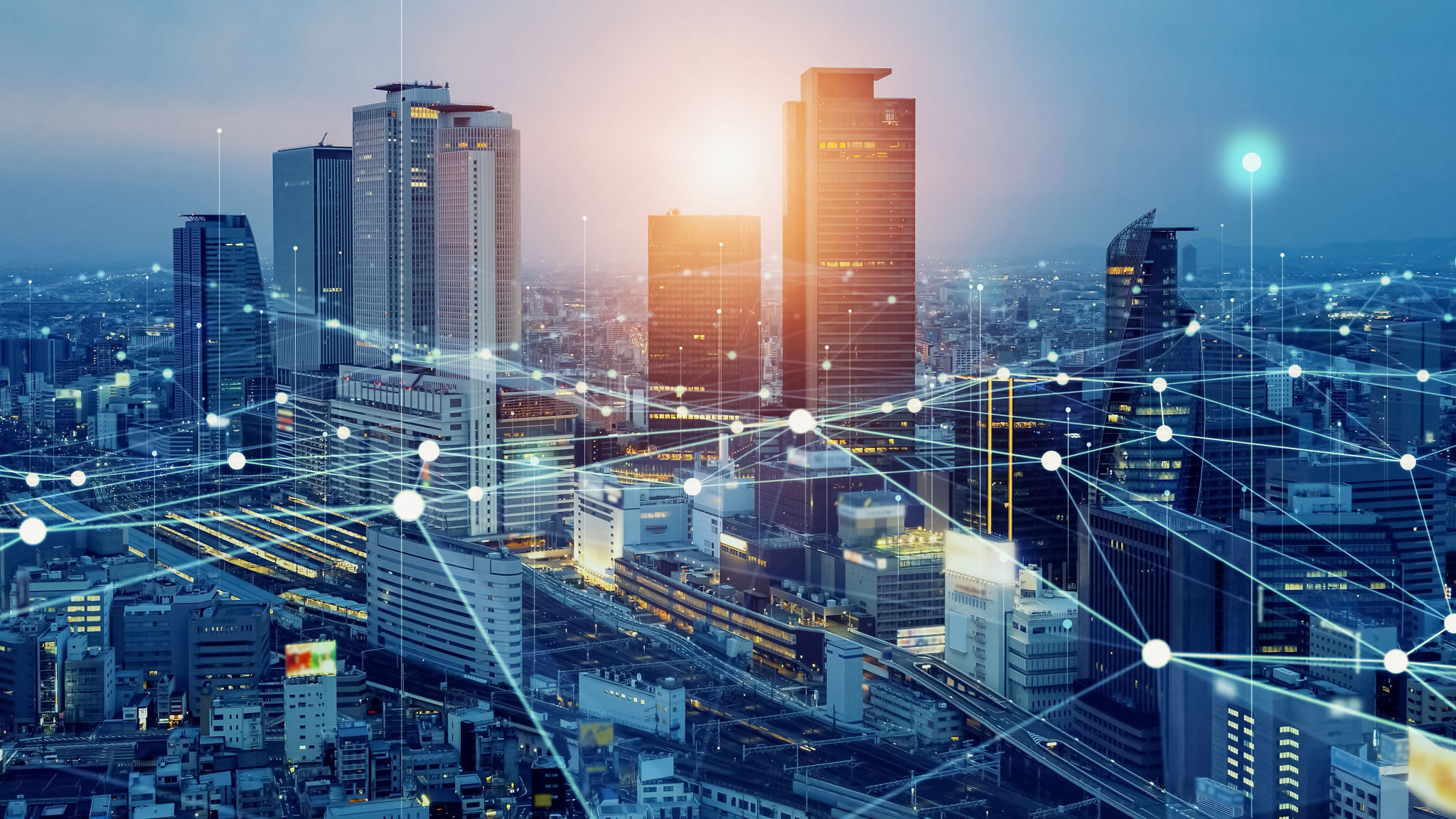Building Smart Cities: Integrating Sustainability and Innovation
Understanding Smart Cities
Smart cities represent the fusion of urban living with advanced technology, aiming to create efficient, sustainable, and livable environments. This innovative approach involves integrating digital solutions across various sectors like transportation, energy, healthcare, and governance. The ultimate goal is to enhance the quality of life for residents while promoting sustainability and economic growth.

The Role of Sustainability
Sustainability is a cornerstone of smart city development. As urban areas face challenges like climate change, pollution, and resource depletion, sustainable practices are crucial. Smart cities focus on reducing carbon footprints, enhancing energy efficiency, and utilizing renewable resources. This approach not only mitigates environmental impact but also ensures that cities can support growing populations without compromising future generations' needs.
Key sustainable initiatives in smart cities include:
- Green buildings: Structures designed to minimize energy use and maximize efficiency.
- Renewable energy: Integration of solar, wind, and other clean energy sources.
- Waste management: Innovative recycling and waste reduction strategies.
Innovative Technologies Driving Change
Innovation is at the heart of smart city development. Cutting-edge technologies like the Internet of Things (IoT), artificial intelligence (AI), and big data analytics are pivotal in transforming urban landscapes. These technologies enable real-time data collection and analysis, facilitating informed decision-making and efficient resource management.

Some notable innovations include:
- Smart grids: Advanced electricity networks that improve efficiency and reliability.
- Intelligent transportation systems: Solutions that enhance traffic flow and reduce congestion.
- Connected public services: Streamlining processes for better service delivery to residents.
Challenges in Building Smart Cities
Despite the potential benefits, building smart cities comes with its own set of challenges. Issues such as data privacy, cybersecurity threats, and the digital divide can hinder progress. Ensuring equitable access to technological advancements is crucial to prevent disparities among urban populations.

To address these challenges, policymakers and developers must prioritize transparency, robust security measures, and inclusive strategies that cater to all citizens. By fostering collaboration among stakeholders, smart cities can overcome these obstacles and thrive in a rapidly changing world.
The Future of Urban Living
The vision of smart cities is not just a futuristic concept but an evolving reality that is reshaping how we live. By integrating sustainability and innovation, these cities offer a blueprint for urban development that prioritizes environmental stewardship and technological advancement. As more cities embark on this journey, the potential for creating vibrant, resilient communities becomes increasingly attainable.
In conclusion, smart cities are paving the way for a sustainable future where technology enhances urban life while preserving the planet. The ongoing collaboration between governments, businesses, and communities will be essential to realize this vision fully.
